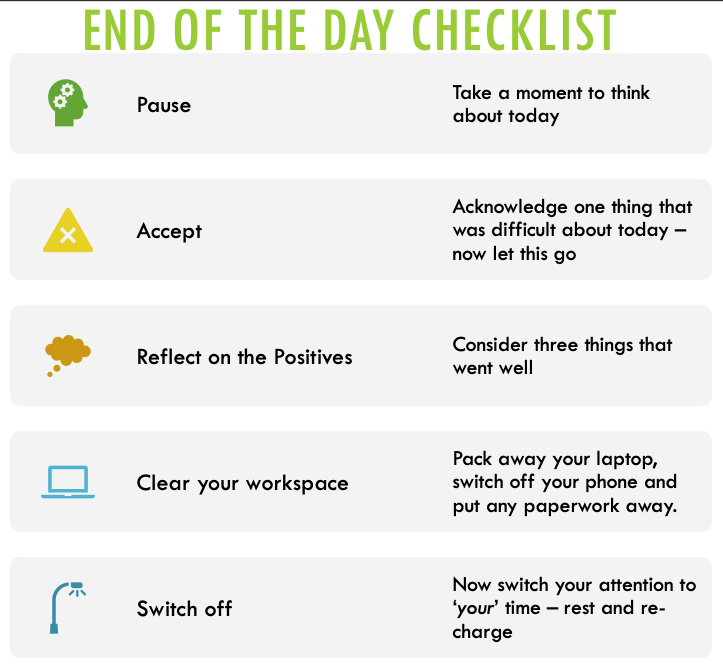World Mental Health Day blog series
Employment and mental health
by the Individual Placement and Support Employment team at Bradford District Care NHS Foundation Trust
As an IPS (Individual, Placement and Support) Employment service at Bradford District Care NHS Foundation Trust we support people with long term mental health conditions to find paid employment across Bradford, Airedale Wharfedale and Craven using the evidenced based IPS model.
We aim to get people into competitive paid employment focussed around their interests which is great for people’s wellbeing. Getting back into employment can be vital to someone’s recovery, including a much-improved quality of life.
Our team are really passionate about supporting people to make those steps into employment. A figure that jumps out to us is that 70-90% of people with mental health issues would like to work, with only 37% of those in paid employment – for those with severe mental illness that number drops to just 8% (IPS Grow).
We provide a personalised plan to people in the service, tailored to their individual preferences, supporting them to identify their employment goals and create a realistic employment plan. This includes help with writing a CV; help disclosing a health condition to employers if they choose to; work related benefits and much more.
If you’re currently looking for work and need some top tips for getting your CV together try the following:
• Make it unique
• Highlight your strengths
• Tailor your CV to match the job
• Check your contact details!
We’re really proud of our service and the difference we’ve been able to make to people’s lives. In the past we’ve supported people into roles in healthcare, administration, trade jobs such as decorators, teachers, managers, catering and starting their own small businesses.
The IPS Employment service is designed for people accessing secondary mental health services if they are not accessing secondary mental health services, we can refer them to The Cellar Trust who we work in partnership with. We also work closely with a number of partners including Jobcentre Plus to enhance the support offered to our clients.
Further information on IPS is available https://ipsgrow.org.uk/what-is-ips/





